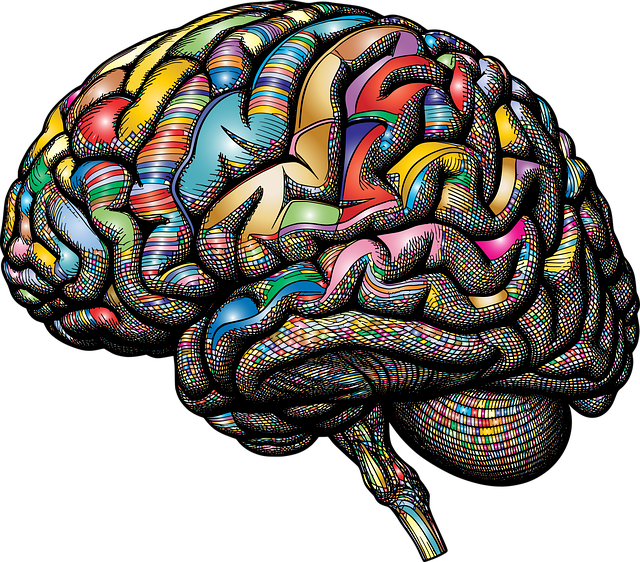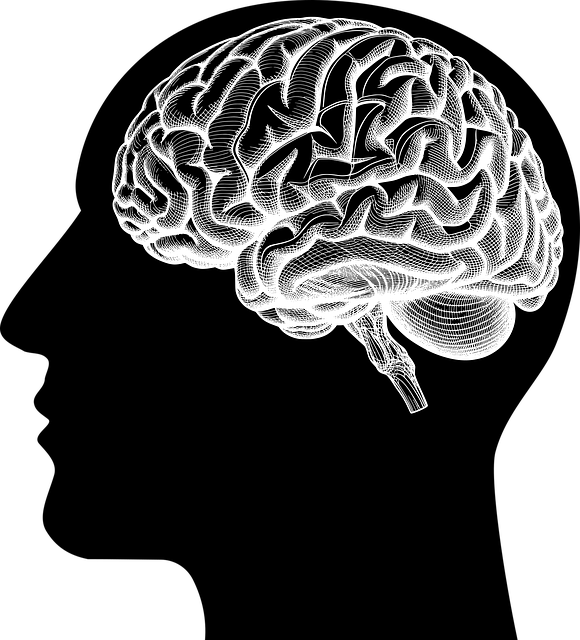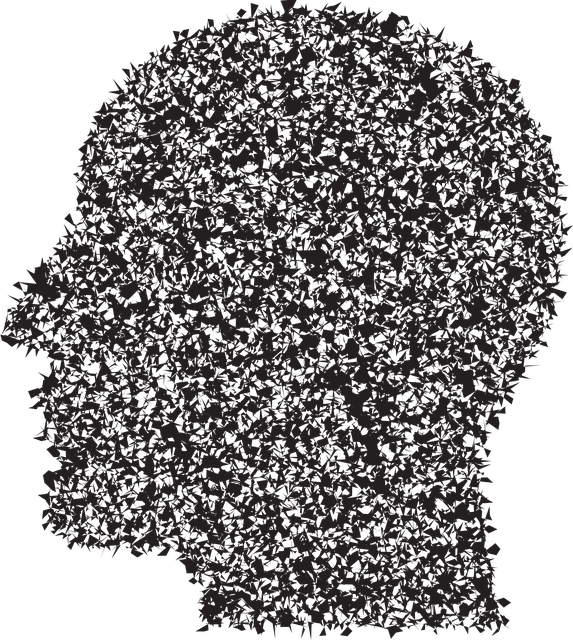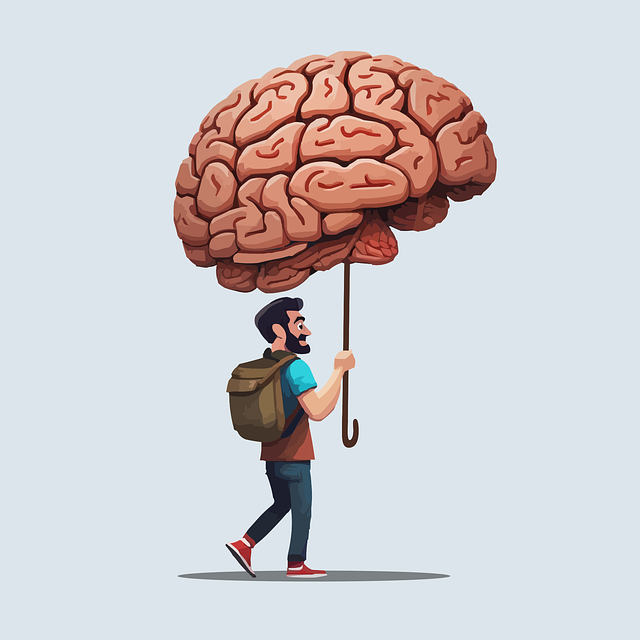Mental wellness apps are gaining prominence as valuable tools for emotional well-being support, offering accessible and personalized solutions, especially in areas with limited resources or for those preferring remote assistance. These apps address stress management, anxiety relief (like Arvada Adjustment Disorder Therapy), cultural sensitivity, and emotional regulation techniques. They fill gaps in traditional healthcare by providing self-help resources, monitoring tools, and virtual therapy sessions, empowering users to manage their mental wellness effectively. For an Arvada Adjustment Disorder Therapy app, targeting community members dealing with stress, anxiety, or depression due to life adjustments is key, along with promoting burnout prevention strategies for healthcare professionals. Effective apps should include holistic features like mood trackers, meditation guides, exercise plans, and social skills training modules, all while ensuring user-friendly interfaces and strong privacy measures to protect sensitive data.
In today’s digital age, mental wellness apps are revolutionizing therapy accessibility. With an increasing demand for effective treatment, understanding the potential of these applications is crucial. This article explores the growing importance of mental wellness apps, particularly those tailored to address Arvada Adjustment Disorder. We delve into identifying target audiences, discussing key features essential for successful therapy apps, and emphasizing user-friendly interfaces for stress management tools. Additionally, ethical considerations and privacy measures are highlighted to ensure a safe digital landscape for sensitive mental health services.
- Understanding Mental Wellness Apps and Their Growing Importance
- Identifying Target Audiences for Arvada Adjustment Disorder Therapy Apps
- Key Features to Include in an Effective Therapy App
- Designing User-Friendly Interfaces for Stress Management Tools
- Ethical Considerations and Privacy Measures for Mental Health Applications
Understanding Mental Wellness Apps and Their Growing Importance

Mental wellness apps have emerged as a powerful tool for individuals seeking support for their emotional well-being. These applications offer accessible and often personalized solutions to various mental health challenges, making professional care more attainable, especially in areas with limited resources or for those who prefer remote assistance. With an increasing focus on mental health awareness, these apps cater to a wide range of issues, from stress management and anxiety relief (including Arvada Adjustment Disorder Therapy) to cultural sensitivity in mental healthcare practice and emotional regulation techniques.
The growing importance of such digital interventions cannot be understated, as they fill a gap in traditional healthcare services. By providing users with self-help resources, monitoring tools, and even virtual therapy sessions, these apps empower individuals to take an active role in managing their mental wellness. This shift towards digital solutions not only enhances accessibility but also allows for more frequent check-ins and continuous support, contributing to improved overall mental health outcomes.
Identifying Target Audiences for Arvada Adjustment Disorder Therapy Apps

When developing an Arvada Adjustment Disorder Therapy app, understanding your target audience is paramount. The first step involves identifying individuals within the Arvada community who are most likely to benefit from such a tool. This includes adults struggling with stress, anxiety, or depression related to life adjustments, whether it’s a new job, relocation, or significant life changes. Healthcare providers in Arvada who treat mental health issues should also be considered; they can recommend and integrate the app into patient care plans, especially for those seeking additional support outside traditional therapy sessions.
Moreover, promoting Burnout Prevention Strategies for Healthcare Providers can be a niche yet valuable aspect. Many healthcare professionals deal with high-stress environments, making them potential users of apps that aid in self-care routine development for better mental health. By catering to these specific needs, app developers can ensure their product resonates with a dedicated and important audience in Arvada.
Key Features to Include in an Effective Therapy App

An effective therapy app should be packed with features that cater to a holistic approach to mental wellness. Firstly, consider incorporating tools for self-care routine development; users can benefit from daily prompts and tracking mechanisms designed to enhance their overall well-being. Features like mood trackers, meditation guides, and exercise plans not only encourage users to engage in self-care practices but also provide valuable insights into their progress over time.
Additionally, social skills training modules are a game-changer for many users dealing with conditions such as Arvada Adjustment Disorder. These interactive features can help individuals learn and practice coping strategies, improve communication skills, and foster empathy building strategies – all crucial elements in navigating mental health challenges. By integrating these elements seamlessly, therapy apps create an engaging and supportive environment that promotes healing and personal growth.
Designing User-Friendly Interfaces for Stress Management Tools

Designing user-friendly interfaces is paramount when creating mental wellness apps, especially those focusing on stress management tools like Arvada Adjustment Disorder Therapy. A well-designed interface can significantly enhance user engagement and adherence to coping skills development programs. Incorporating simple navigation, intuitive icons, and clear instructions allows users to effortlessly access various features, fostering a sense of control over their mental health journey.
By prioritizing ease of use, app developers can ensure that individuals seeking stress management support, including those dealing with burnout prevention strategies for healthcare providers, will continue to utilize the platform consistently. This approach not only promotes effective Coping Skills Development but also encourages participation in Community Outreach Program Implementations tailored to their unique needs.
Ethical Considerations and Privacy Measures for Mental Health Applications

As mental wellness apps gain popularity, developers must prioritize ethical considerations and robust privacy measures to ensure user safety and trust. These applications often deal with sensitive personal information, including detailed accounts of individuals’ emotional struggles and therapy sessions. Developers should implement strong data encryption protocols to safeguard user records from unauthorized access or breaches, which could lead to devastating consequences, especially for those dealing with conditions like Arvada Adjustment Disorder Therapy.
Privacy policies should be transparent, clearly outlining how app data is collected, stored, and shared. Users must give explicit consent for data usage, particularly when integrating third-party services. Cultural sensitivity in mental healthcare practice is paramount; apps should be designed to avoid stereotypes or biases and respect diverse cultural beliefs and practices related to emotional well-being promotion techniques. Regular security audits and user feedback mechanisms can help identify and rectify any ethical or privacy-related issues early on.
Mental wellness apps, particularly those tailored for treating Arvada Adjustment Disorder, are transforming access to therapy. By understanding user needs, incorporating effective features like personalized tracking and evidence-based techniques, and prioritizing ethical design and privacy, developers can create powerful tools that enhance mental health outcomes. These apps offer a promising future for accessible, convenient, and discrete support, making them a crucial resource in modern healthcare.










